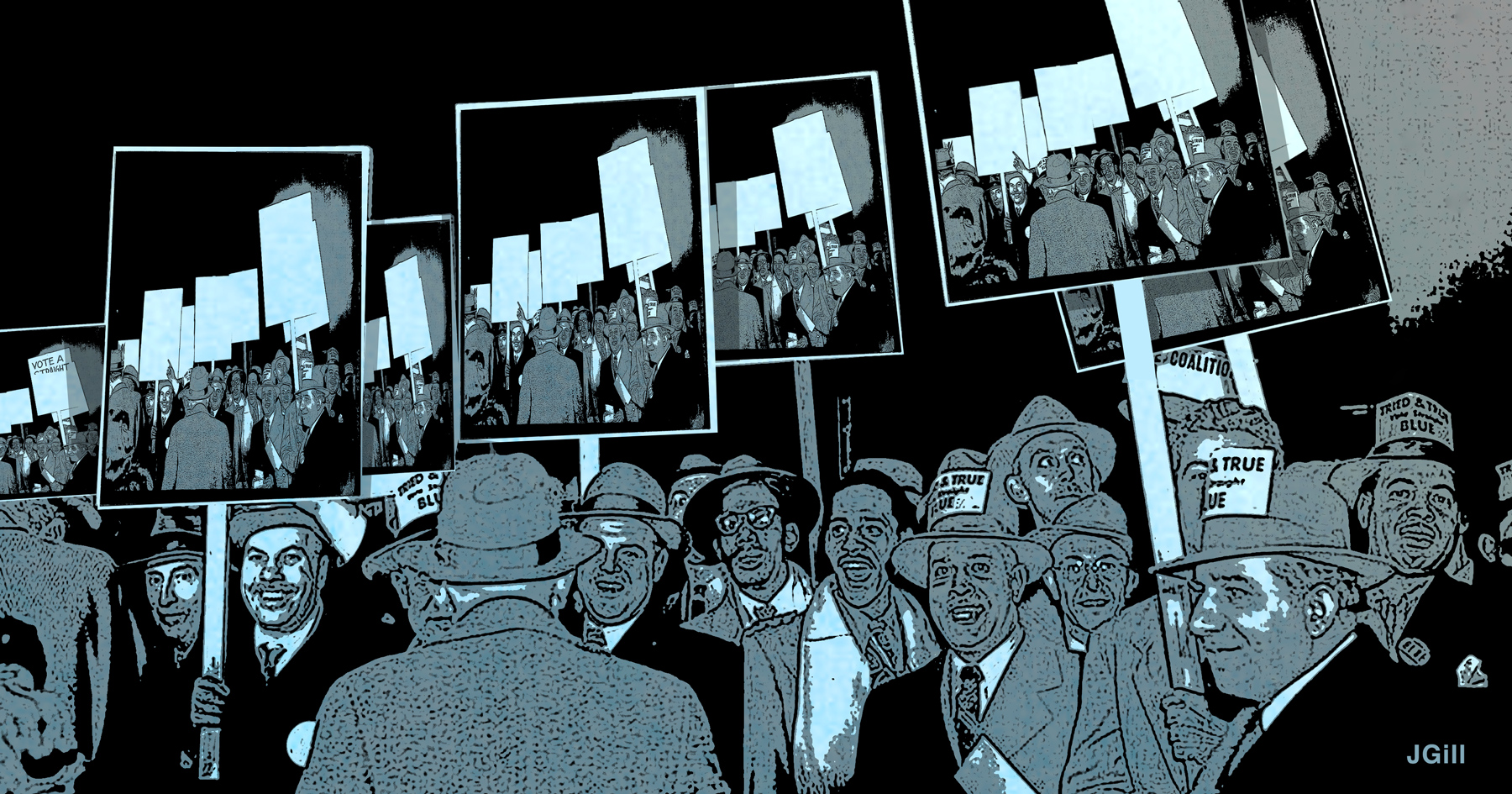Last week I came not to bury a newly elected chief executive but to praise him — for not merely paying lip service to term limits, but for in fact making the passage of state legislative term limits a high-priority, line-in-the-sand policy goal.
I refer, of course, to Illinois’s new governor, Bruce Rauner.
Another controversy catching my attention pertains to union-bullying. Governor Rauner hopes to stop public-employee unions from extracting dues from the unwilling. These “fair share” dues are spent on bargaining strategies or political causes with which the dues-payer may be wholly unsympathetic. Why should workers be compelled to part with part of their income to support activities they don’t consider beneficial?
Rauner is using both an executive order and a lawsuit to try to outlaw coercive unionizing of public employees. (He has also acted to liberate private-sector employees from unions.) The order declares that dues may no longer be extracted from unwilling non-members. The complementary lawsuit is a preemptive bid to get the order judicially sanctioned as legal.
Governor Rauner is not a union member. He therefore lacks standing in the lawsuit, so three public union members have joined as plaintiffs. Representing them is Jacob Huebert, an attorney with the Liberty Justice Center (and author of the book Libertarianism Today).
Again, I say: Yes!
To be sure, I wouldn’t endorse everything that Rauner is saying or doing, even on issues where we’re simpatico. But when you’re right, you’re right. Good going, Governor.
This is Common Sense. I’m Paul Jacob.



